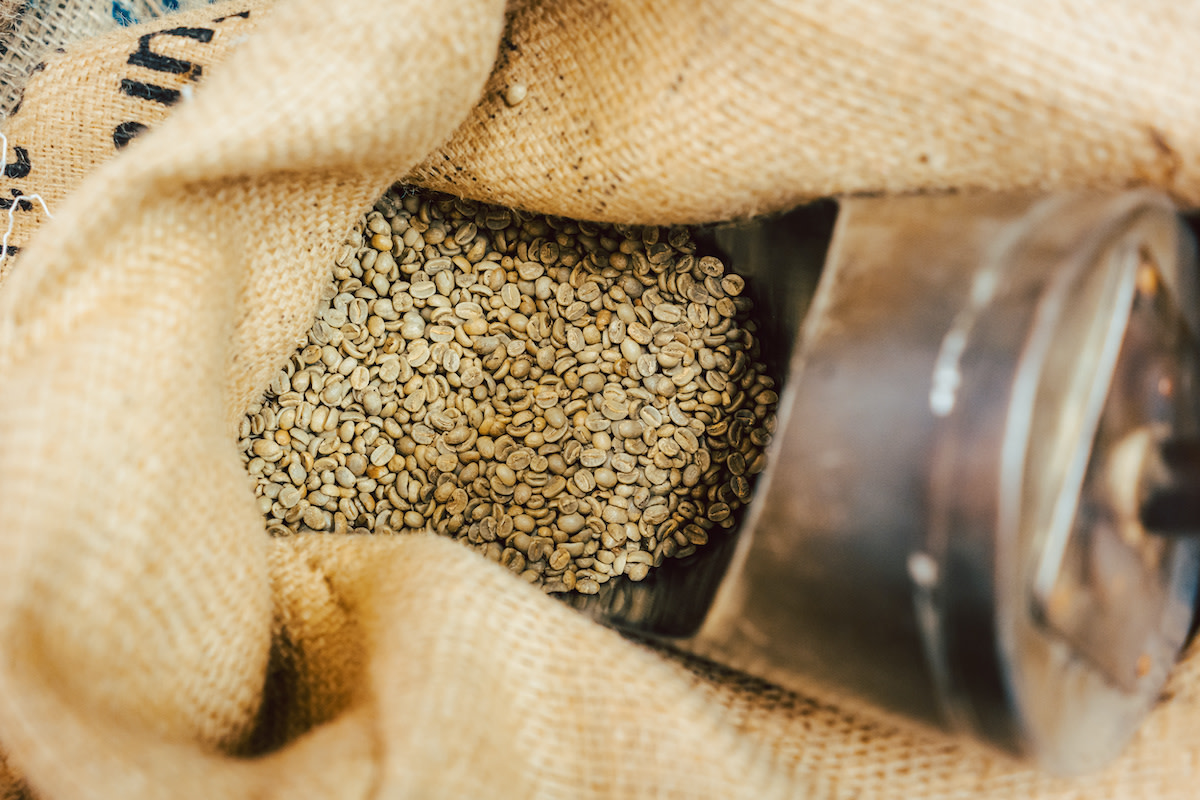Guide to Fair Trade: 5 Benefits of the Fair Trade System
Written by MasterClass
Last updated: Jun 7, 2021 • 2 min read
Have you ever purchased a product with a fair trade label and wondered what exactly that label signified? Fair trade certification means the product complies with specific regulations that help promote equitable and sustainable trade relationships.
Learn From the Best
What Is Fair Trade?
Fair trade is a global movement advocating that manufacturers and producers promote fair prices, better wages, sustainable development, and a sustainable livelihood for farmers and workers in developing countries—particularly in Latin America, Africa, and other parts of the Global South. When a product is fair trade certified, a fair trade certification organization ensures that the producer adheres to a set of social, economic, and environmental standards.
The certification body Fairtrade International oversees numerous other fair trade certification organizations around the globe, including the World Fair Trade Organization and the European Fair Trade Association. In North America, the nonprofit organization Fair Trade USA is the largest certifier of fair trade products and works with over 1,000 companies to investigate and certify that their products comply with fair trade principles.
What Products Are Fair Trade?
Fair trade coffee is by far the most established item on the fair trade market, but some other common fair trade commodities include coca, tea, honey, sugar, fruit, vegetables, seafood, wine, cotton, coconut oil, flowers, clothing, furniture, and gold.
How Does Fair Trade Work?
The goal of the fair trade movement is to ensure that farmers and workers are adequately compensated for their products. There are four stages of the fair trade certification process.
- Formation of cooperatives: Typically, to qualify for fair trade certification, fair trade farm workers join democratically organized fair trade cooperatives.
- Third-party audit: These cooperatives—or the packer with whom they work—then pay for an audit to ensure that their processes and supply chains are up to fair trade standards. Once approved, they’re eligible for fair trade certification.
- Certification: A fair trade certification organization reviews the audit and grants the packer use of a fair trade label, a process similar to organic certification.
- Pricing: After consulting producers and buyers, the fair trade labeling organization sets a minimum price that must be paid to producers for fair trade products. The price covers the costs of producing their crop sustainably despite fluctuating market prices.
5 Benefits of Fair Trade
In theory, fair trade offers small farmers and workers the protections needed for a sustainable livelihood.
- 1. Income sustainability: Fair trade helps producers set minimum prices, which help protect fair trade farmers and workers against erratic market prices. If the market price for a commodity drops, the minimum price ensures the farmers and workers still earn enough to cover the basic costs of living.
- 2. Environmental sustainability: Fair trade standards promote environmentally friendly farming practices and ensure that factories aim to reduce emissions and energy usage.
- 3. Community development: The extra money earned from the Fair Trade Premium is deposited into a bank account managed collectively by the local group of fair trade farmers and workers. The community votes on how to spend that money and can either take it as a wage bonus or invest it into community improvements like clean water systems, hospitals, and schools.
- 4. Safe working conditions: All fair trade farmers and workers benefit from regulated work hours and a policy prohibiting discrimination, child labor, and slave labor.
- 5. Principle-based purchasing: Consumers who care about the economic, environmental, and social effects of their purchases can look for the fair trade label when shopping and know that they're helping contribute to a better world.
Learn More
Get the MasterClass Annual Membership for exclusive access to video lessons taught by masters, including Paul Krugman, Jane Goodall, Ron Finley, and more.
